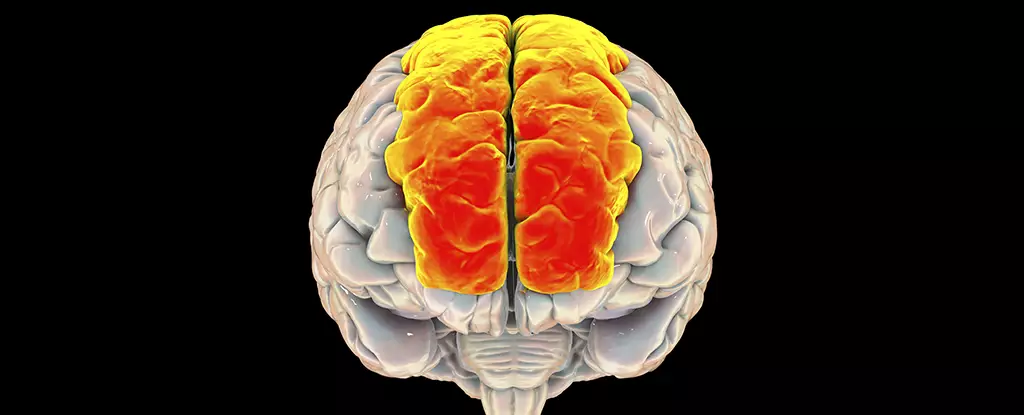

Sepsis is a life-threatening condition that poses a grave danger to individuals, with the potential to lead to organ failure, cognitive impairment, and even death. Recent research conducted by the University of Melbourne in Australia has shed light on the potential benefits of using a ‘megadose’ of sodium ascorbate, a salt made from vitamin C, in treating sepsis-induced brain damage. This groundbreaking study offers new hope in the fight against sepsis-related complications.
The research team, led by cardiovascular physiologist Clive May, observed a significant improvement in sheep with sepsis after administering a megadose of sodium ascorbate. The frontal cortex of the brain, responsible for controlling body movements, speech, and emotional expression, is particularly vulnerable to the damaging effects of sepsis. The team noted a remarkable reversal of cognitive difficulties, delirium, and coma in the treated animals, suggesting that sodium ascorbate may play a crucial role in mitigating these devastating consequences.
While the exact biological mechanisms underlying the positive effects of sodium ascorbate remain unclear, the observed increase in plasma vitamin C levels and the overall effectiveness of the treatment provide promising insights. Vitamin C is well-known for its anti-inflammatory properties and its ability to regulate the immune system, which may explain its therapeutic potential in combating sepsis-induced brain damage. Further research is needed to elucidate the specific mechanisms through which sodium ascorbate exerts its beneficial effects.
The next phase of the study will focus on determining if the observed benefits of sodium ascorbate extend to human patients suffering from sepsis. Additionally, researchers aim to establish the optimal dosage of sodium ascorbate that maximizes therapeutic benefits while minimizing potential risks. Past clinical trials involving vitamin C as a treatment for sepsis have yielded mixed results, underscoring the need for further investigation and refinement of treatment protocols. The completion of a preliminary clinical trial using sodium ascorbate in septic patients marks a significant milestone in the quest for effective sepsis interventions.
The study conducted by the University of Melbourne highlights the promising potential of sodium ascorbate in reversing sepsis-induced brain damage. The remarkable improvements observed in sheep following treatment with a megadose of sodium ascorbate offer hope for the development of effective and safe treatments for sepsis patients. As researchers continue to unravel the mechanisms of action of sodium ascorbate and refine treatment protocols, the possibility of combating sepsis-related complications becomes increasingly within reach.
In the realm of software development, the ability to swiftly and accurately address bugs is…
The realm of quantum computing and communication is not just an abstract dream anymore; it…
In a remarkable leap for the field of material science, a collaborative research initiative has…
Throughout Earth's vast history, our planet has endured five major mass extinction events that reshaped…
Rainfall is a vital element of our planet’s hydrological cycle, yet many aspects of its…
On a night when the universe aligns, a mesmerizing phenomenon awaits: the appearance of the…
This website uses cookies.